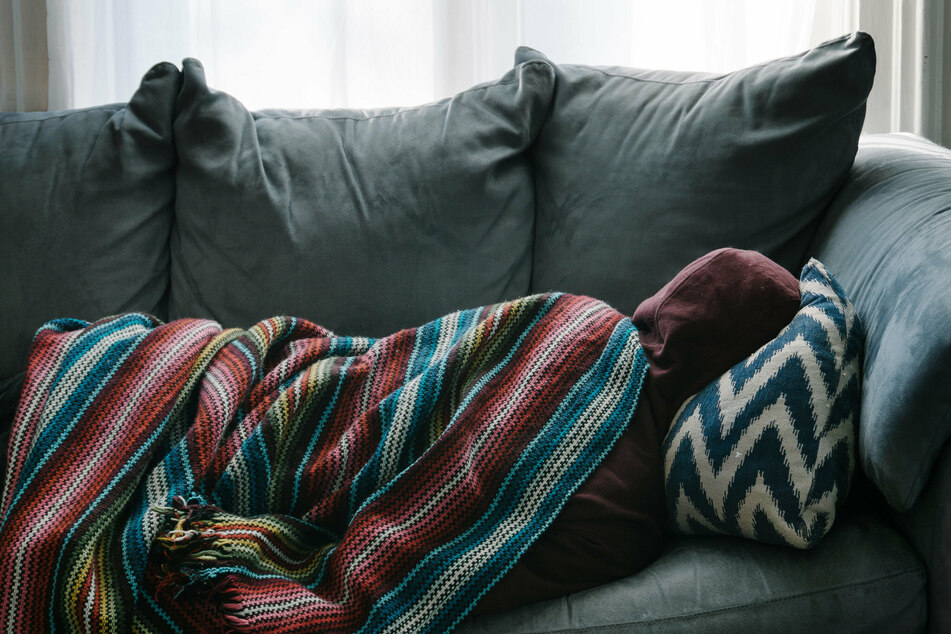Taking frequent naps linked with serious health risks
New York, New York - Don’t sleep your life away. According to a new study published in July in the American Heart Association journal Hypertension, napping on a regular basis carries an elevated risk of developing high blood pressure and having a stroke.

Researchers found snoozing during daylight hours is associated with a 12% higher risk of blood pressure and a 24% higher risk of having a stroke when compared with those who never nap.
Their findings are based on data from UK Biobank, a biomedical database that contains anonymized genetic and health information from half a million participants across the UK.
More than 500,000 people between the ages of 40 and 69 who lived in the UK between 2006 and 2010 were involved in the study. They regularly submitted blood, urine, and saliva samples, as well as detailed information about their lifestyle.
They also participated in a survey regarding daytime napping frequency four times between 2006 and 2019, with each round including at least 5,000 participants. Subjects were asked how often they nap: never/rarely, sometimes, or usually.
Napping linked to poor sleep
Researchers also learned age can play a factor in how napping can affect one’s health. Those younger than 60 who often napped had "a 20% higher risk of developing high blood pressure compared to people the same age who never napped."
People older than 60 who usually nap meanwhile face a 10% higher risk of high blood pressure.
"These results are especially interesting since millions of people might enjoy a regular, or even daily nap," said E. Wang, Ph.D., M.D., a professor and chair of the Department of Anesthesiology at Xiangya Hospital Central South University, and the study’s corresponding author.
Scientists also noted that while napping is not inherently dangerous, it could suggest poor sleep, which has been linked to various health issues.
Cover photo: Unsplash/Rex Pickar
